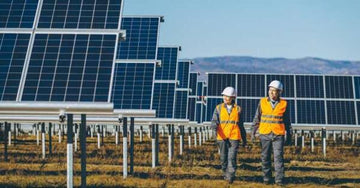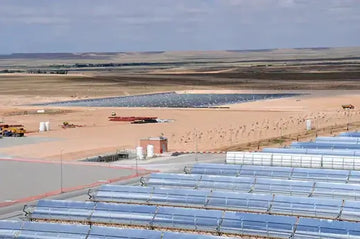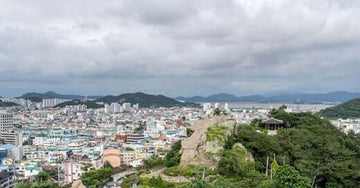In the context of the Internet, what will happen through the deep fusion between the photovoltaics industry and the traditional aquaculture industry?
Tuliu, a Chinese online platform provides information service related to land transfer, has signed a strategic cooperation agreement with Tongwei Group, a technology company involved in the aquaculture industry and the renewable energy industry, in early August in Chengdu City. This agreement means the two companies will work together to boost the integration between the photovoltaics industry and the traditional aquaculture industry. The integration is said to increase the overall efficiency more than threefold, and boost fishermen’s income and the development of rural economy vastly.
Why to Integrate the Photovoltaics Industry With the Traditional Aquaculture Industry
Previously, the Beijing government has issued an official document to facilitate the modernization of the traditional aquaculture industry in the Internet era. This integration between the two industries obviously reflects a successful exploration of business model innovation and a positive response to the document. Some experts added that this integration has created a new industrial ecology – “Photovoltaic Aquaculture”, which makes it possible to generate photovoltaic power and breed aquatic products at the same time and same place. Specifically, people can establish photovoltaic panels over the surface of their fish ponds to generate electricity for daily use or sell it to the national grid, while breed aquatic products in their fish ponds as usual.
According to some research, the total area of water bodies available for aquaculture reaches about 20 million acres in China. Out of them, there are 7.4 million acres suitable to install photovoltaic panels. If China implements “Photovoltaic Aquaculture” in all of these areas, it can gain 1200-1500GW electricity from the photovoltaic panels in total. That is equal to the total capacity in 2015 and worth 1.2-1.5 trillion yuan annually. Besides, the panels over the water surfaces can create an ideal living environment for the fishes that love dim light and low water temperature. So the covering of panels will help increase the number of fishes in water bodies.
Wu Yong, the CEO of Tuliu, said this integration can improve the utilization of people’s lands and fish ponds, as well as increasing people’s income. Since the agreement took effect, thousands of people have participated in the project and installed photovoltaic panels over their fish ponds. Those people are able to gain a total annual income ranges from 240,000 to 360,000 yuan per acre.





